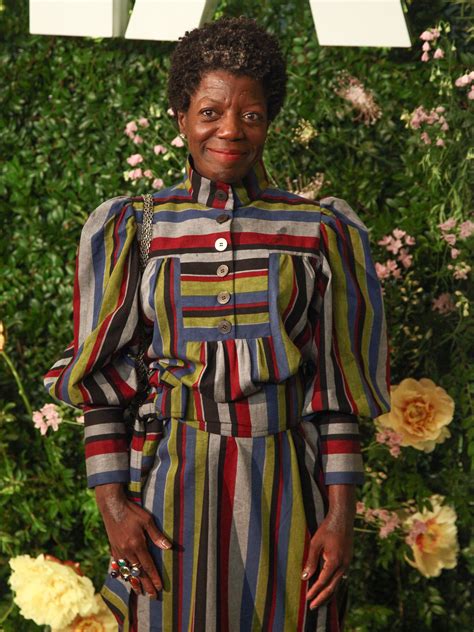A Quote by Mark Pincus
About every other week, I sit down with all of our new Zynga hires and I talk to them for about 90 minutes, have an open Q&A. There is no formal presentation. I talk about our values, where they came from and why they are so important, and I ask them to challenge those values.
Related Quotes
When we talk about values, I think of rationality in solving problems. That's something I value. Fairness, kindness, generosity, tolerance. That's different. When they [Conservative right wing Republicans] talk about values, they're talking about things like going to church, voting for Bush, being loyal to Jesus, praying. These are not values.
Principles aren't something you hear much from politicians these days. Have you noticed? Right across the board, leaders, whatever the political coloring, avoid talking about laws; they avoid talking about principles. They talk about 'our values.' But values can change, and all our packets of 'values' seem to be getting smaller.
When looking for a partner, definitely find someone who has shared values. Really talk to them about what their values are, what their goals are, and how they wish to achieve those goals. Problems always do arise, but when a problem arises with someone who shares your values, you'll know that you'll want to attack that problem in the same way.
I belong to a bowling team with black and Latino coworkers. And when we get together and we talk about politics - I'm almost quoting him - he said, we don't talk about Black Lives Matters. We talk about what matters to our families. We talk about jobs, and we talk about the fate of the country. That is America, and you can reach those people.
Sometimes a politician gets up and talks about British values and what we think that means, and we can be knocked down quite harshly, but I don't think we should be. I think we should be able to talk about British values and about immigration without people saying, 'Oh, you're just being like a crazed other party.'
The part of the strangeness of coming back from the war is the way we talk about it. We try to have a discussion about the war that doesn't turn into a discussion about one political side or the other. I wanted to reach out and talk to people about it through fiction, the way a narrative can draw someone in and ask them those questions.
Perhaps the most significant thing a person can know about himself is to understand his own system of values. Almost every thing we do is a reflection of our own personal value system. What do we mean by values? Our values are what we want out of life. No one is born with a set of values. Except for our basic physiological needs such as air, water, and food, most of our values are acquired after birth.



































